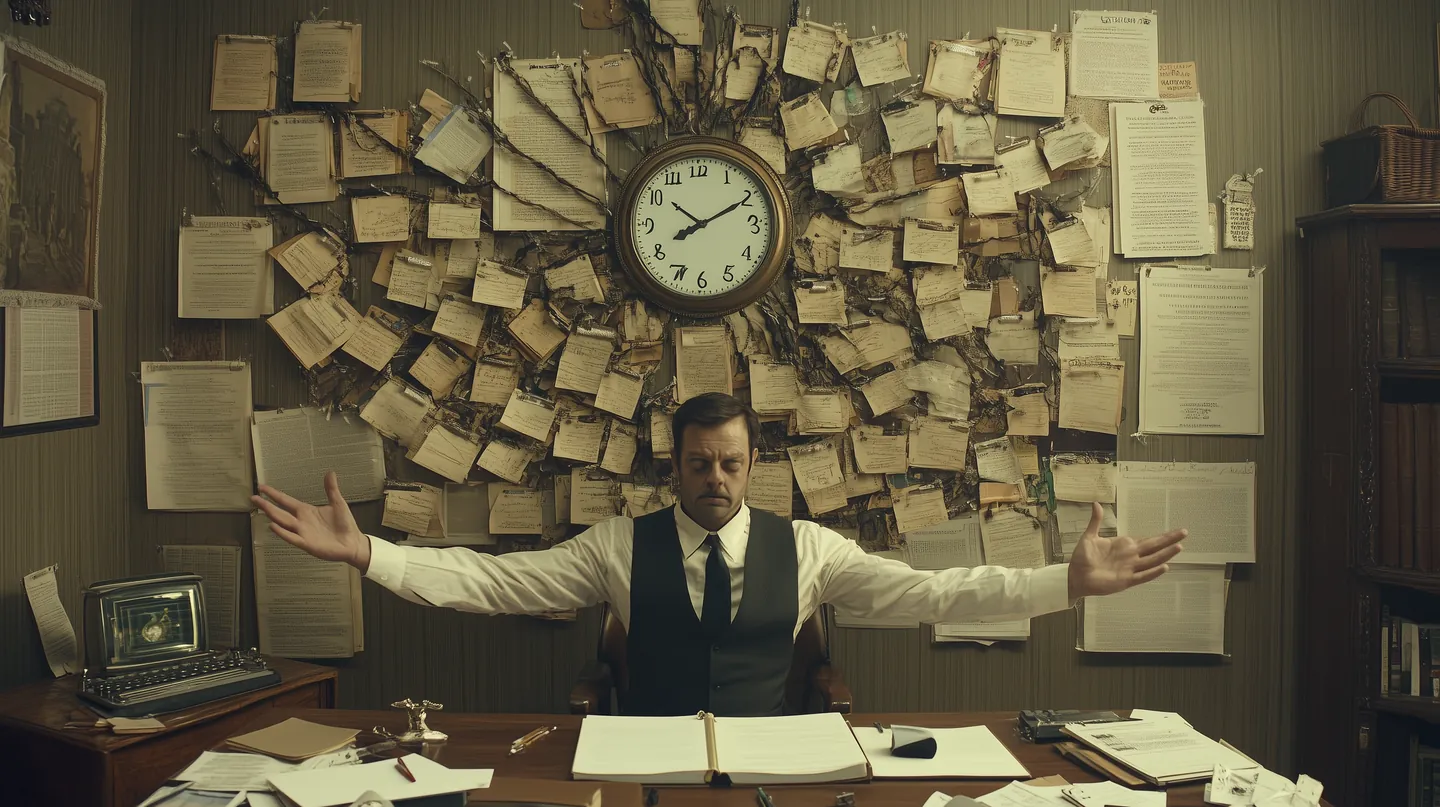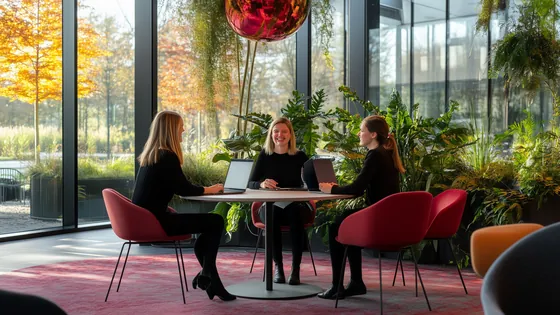In today's high-tech, fast-paced society, the ability to multitask is often touted as a crucial skill for achieving success and maintaining efficiency in professional settings. However, scientific research is increasingly pointing to the conclusion that the human brain isn't inherently wired to perform multiple tasks simultaneously with high efficiency. This article aims to critically assess the prevalent misconceptions surrounding multitasking and explore alternative organizational methods that emphasize the importance of focusing on one task at a time.
Deep Analysis of Multitasking Myths

In both our professional and personal lives, situations frequently arise that demand simultaneous attention to multiple tasks. It might initially seem that multitasking is an optimal strategy for increasing productivity. However, a wealth of scientific data and practical experience indicates that many common beliefs about multitasking do not align with reality. In this section, we will delve into the most widespread myths about multitasking and illustrate why focusing efforts on executing a single task can significantly enhance overall work efficiency.
- Myth: Multitasking Increases Productivity Debunking: Research demonstrates that toggling between tasks wastes not only time but also depletes the brain's resources as it adjusts to the context of each new task, ultimately reducing overall productivity. Frequent shifting of focus also heightens the likelihood of making mistakes and diminishes the depth of information analysis for each task.
- Myth: Multitasking Saves Time Debunking: Contrary to the intuitive belief that performing several tasks at once is a time-saving approach, this practice often leads to less efficient outcomes. Tasks are completed more slowly and with lower quality, as the brain is not capable of processing multiple information streams simultaneously with full efficiency.
- Myth: Multitasking is Essential for Career Advancement Debunking: In many professional fields, the ability to deeply concentrate on a single task and deliver high-quality output is far more valuable than the capacity to handle many duties at once. Focusing on one project or activity at a time not only helps in achieving superior results but also fosters significant professional development.
Advantages of Single-Tasking

In an era of continuous technological distractions, it's tempting to attempt to tackle multiple tasks concurrently. However, both scientific studies and real-world experiences affirm that concentrating efforts on a single task is not merely an alternative to multitasking but is actually a more productive work approach. Below, we will explore the key benefits of this strategy:
- Enhanced Work Quality: Focusing on a single task allows an individual to engage more deeply with the specific details and nuances, substantially improving the quality of the output. This is particularly critical in fields requiring high precision or a creative approach.
- Boosted Productivity: Evidence suggests that frequent task-switching necessitates additional mental effort and time, which could be more effectively utilized if focus were maintained on one task at a time.
- Reduced Stress Levels: The act of multitasking often leads to stress and a sense of being overwhelmed as the brain continuously shifts gears between diverse tasks. Concentrating on one task at a time helps in lowering stress levels and provides a clearer overview of the current workload and progress.
- Improved Memory and Learning: Focusing on one task at a time enhances the absorption and retention of information and strengthens memory, thanks to deeper immersion in the material and more efficient processing and consolidation in long-term memory.
Strategies for Enhancing Single-Tasking Capabilities

- Planning: Dedicate time each day to meticulous planning, clearly defining which tasks you will tackle and allocating specific times for them.
- Pomodoro Technique: Concentrate on one task for 25 minutes followed by a five-minute break. This method keeps concentration levels high and prevents mental fatigue.
- Minimizing Distractions: Design a workspace that promotes focus. This could involve cleaning up clutter, utilizing applications to block distracting sites and apps, and setting quiet hours with colleagues and family.
- Regular Breaks: Sustained focus can be taxing. Regular breaks rejuvenate mental faculties and prevent cognitive burnout. Use break times for physical activity, meditation, or simply to relax away from screens.
- Psychological Techniques: Utilize psychological tactics such as visualizing successful completion of tasks or engaging in mindfulness practices to enhance focus. These methods prepare the brain for intense mental work and improve overall mental state.
Conclusion

Contrary to popular misconceptions, multitasking is not always the most efficient way to work. Focusing on one task at a time can markedly improve the outcomes of your work and reduce feelings of overload. Embracing methods that promote single-tasking can lead to greater productivity and effectiveness in any professional endeavor.










